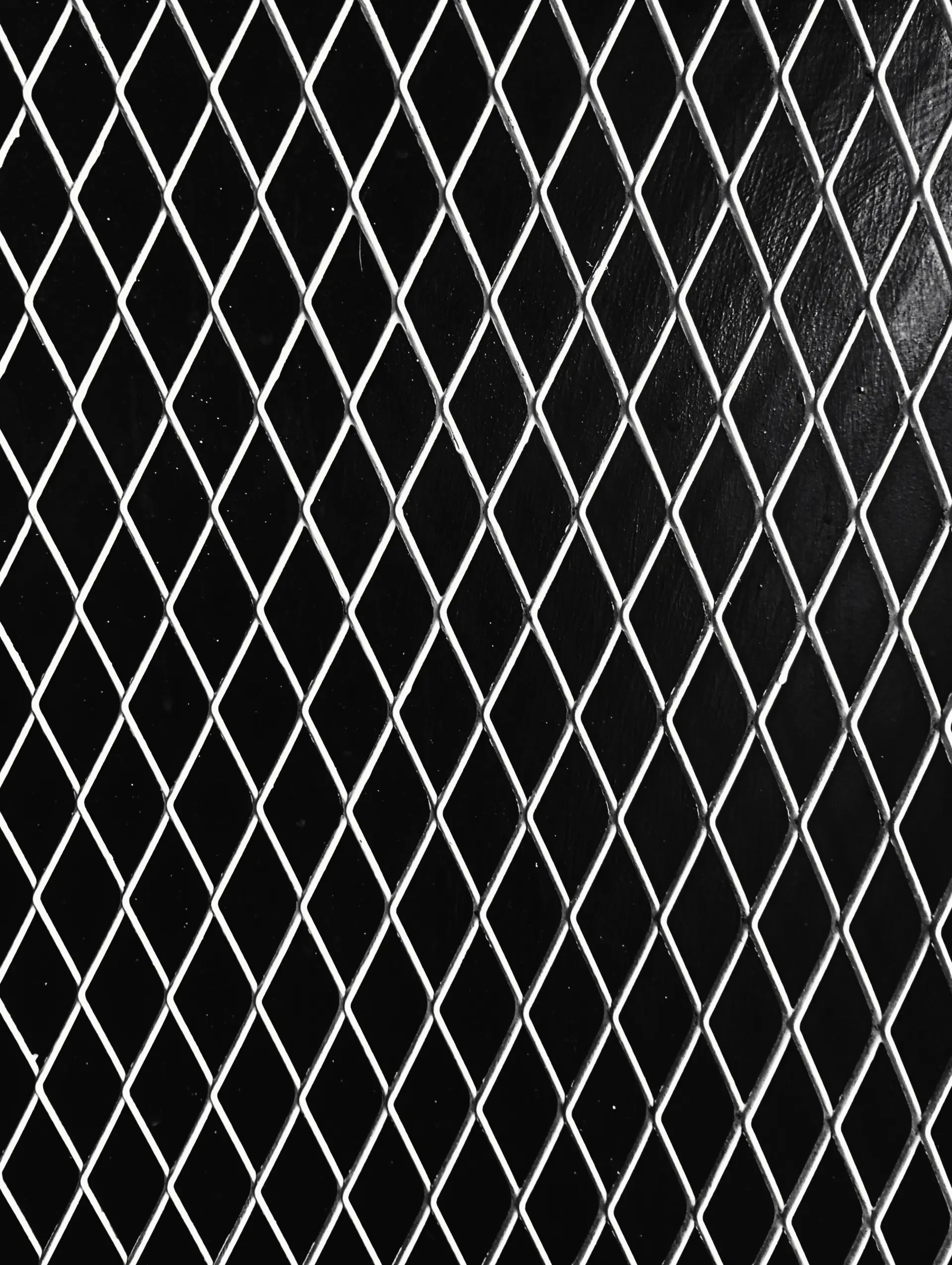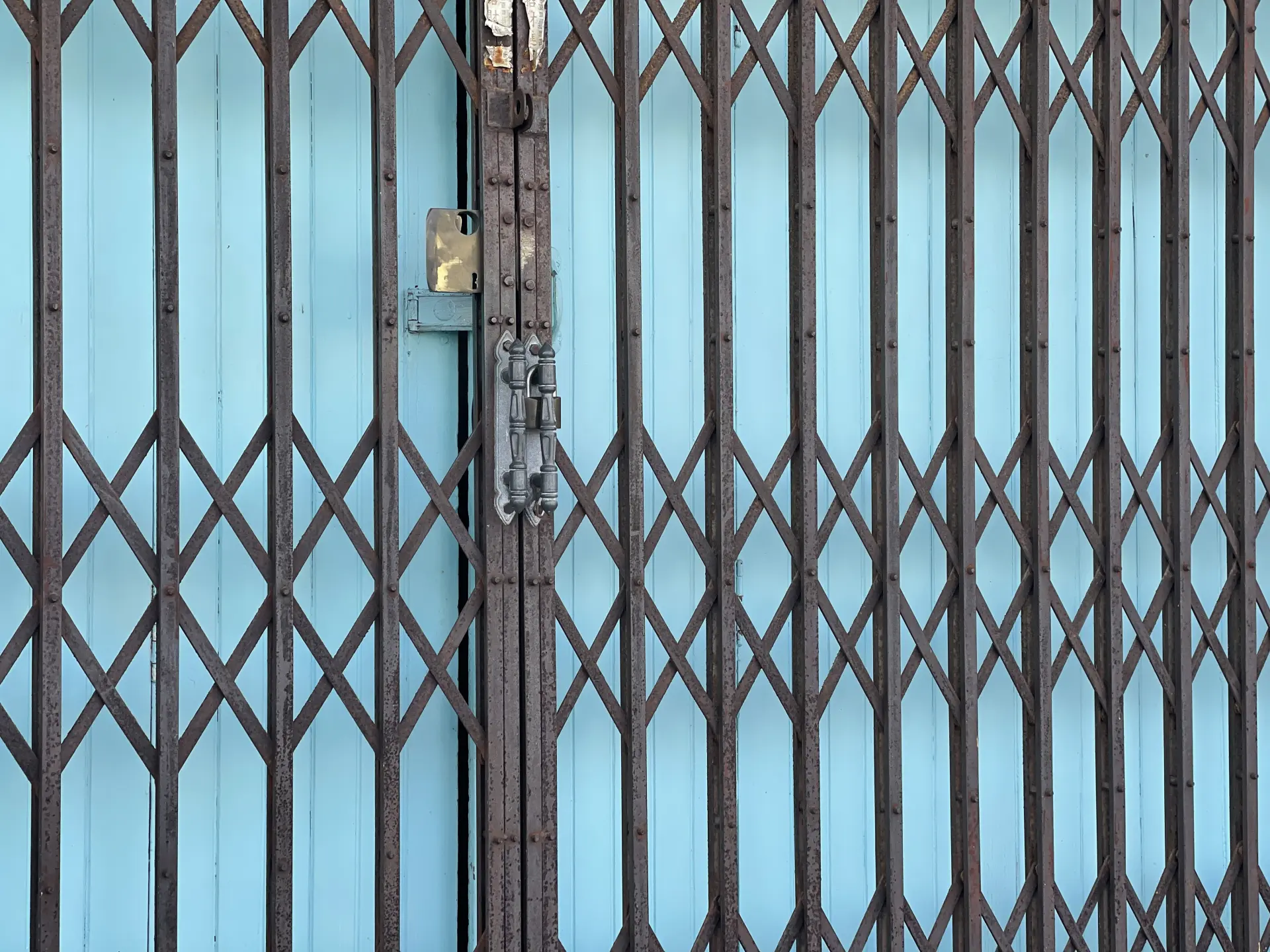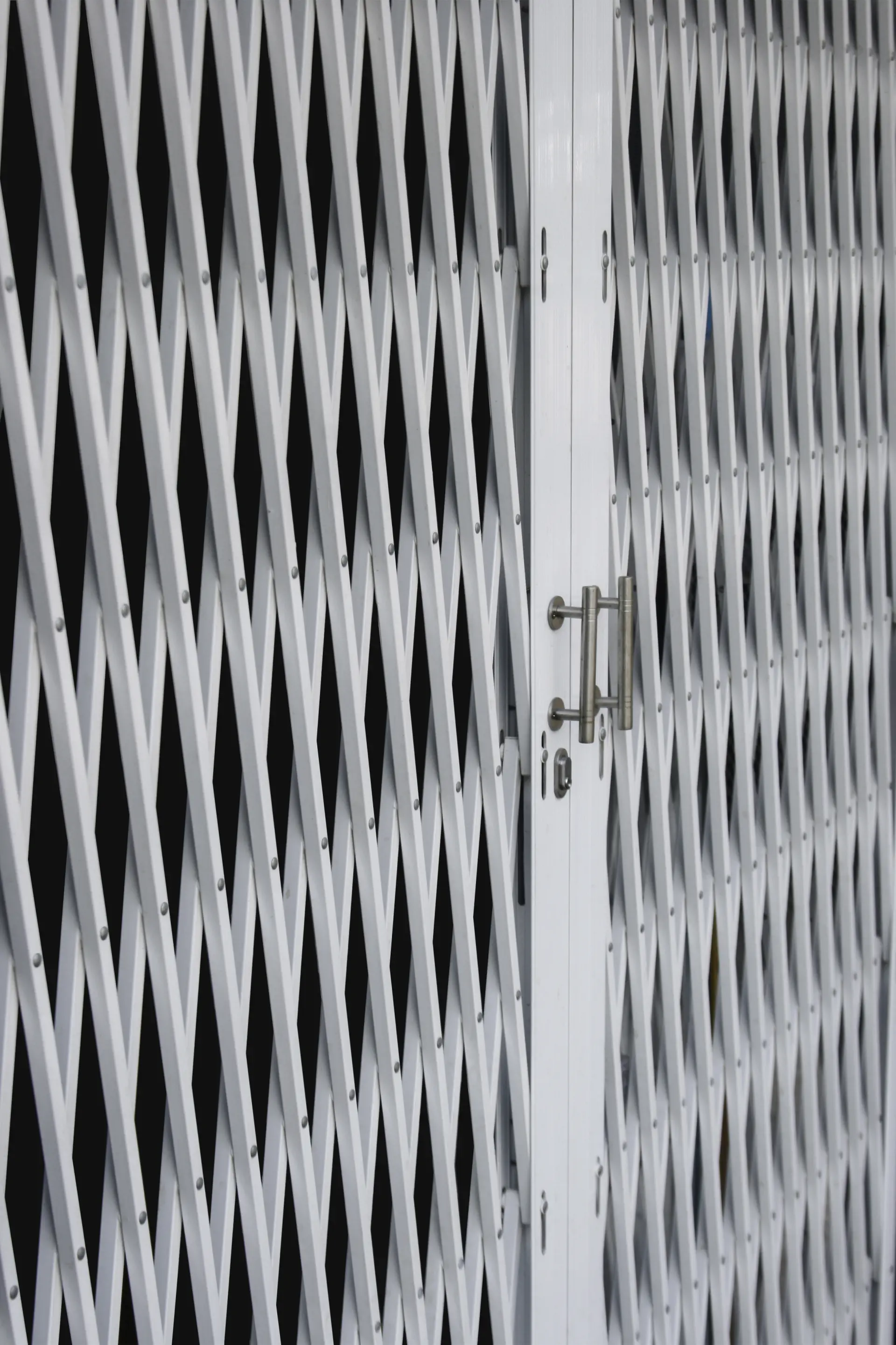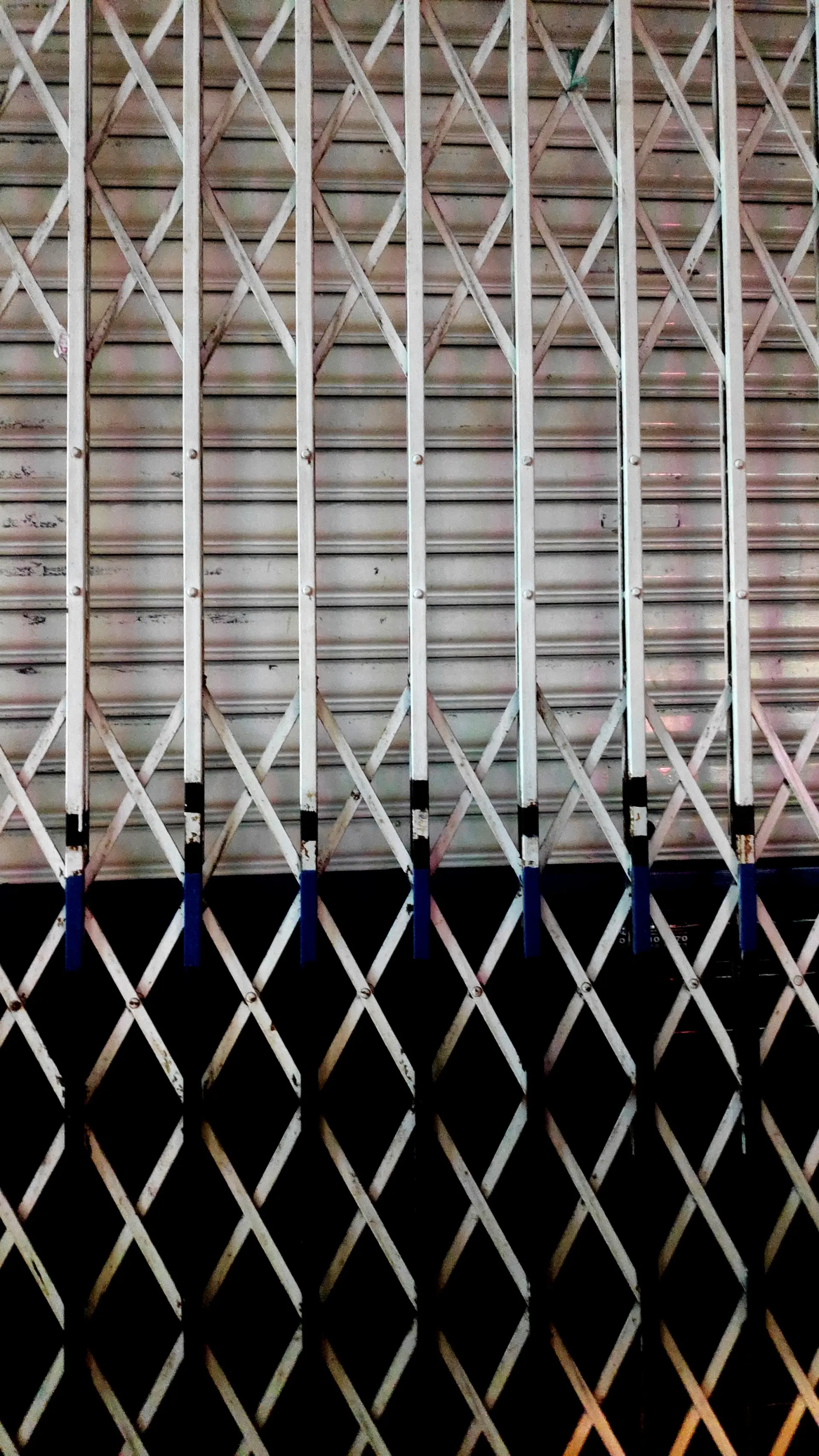Discover whether you need planning permission to install security grilles on your property and understand how local regulations might affect your plans.
Understanding Planning Permission for Security Grilles
Planning permission is crucial when installing security grilles, as local authorities in the UK enforce specific rules and guidelines. Whether planning permission is needed depends on several factors, such as the type of property, location of grilles, and local area restrictions, particularly within conservation or heritage zones.
Failing to obtain necessary permissions can result in enforcement actions, penalties, or removal orders. Therefore, understanding and complying with local guidelines is essential to avoid future complications.

When Is Planning Permission Required?
Installing Security Grilles on Residential Properties
For residential properties, planning permission is typically required if the grilles significantly alter the property's external appearance or if it is located within designated protected areas or neighbourhoods.
Grilles facing public roads or visible from communal spaces are more likely to require approval.
Installing Security Grilles on Commercial Buildings
Commercial properties generally require planning permission when security grilles are installed prominently and visible from public viewpoints.
Authorities often specify design and placement requirements to ensure community aesthetics and safety standards are maintained.
Listed Buildings and Conservation Areas
Special Restrictions for Heritage and Listed Properties
Listed buildings are protected by law and require special consent to install security grilles.
Heritage authorities carefully review proposals to ensure the grilles preserve the building's historic character, materials, and visual integrity.
Additional Rules in Conservation and Protected Areas
Conservation or protected areas often have strict guidelines restricting grille designs, colours, and materials.
These rules aim to preserve the area's historical and visual character, and non-compliance could result in enforcement actions.

Local Council Regulations and Building Codes
How to Check Your Local Authority’s Rules
Contact your local council planning department directly or visit their official website for accurate and detailed information.
Councils typically provide clear guidance on what types of grille installations require planning permission.
Common Restrictions on Security Grill Design and Placement
Local authorities commonly enforce guidelines on the aesthetic aspects of grille installations, such as designs, colours, and visibility.
Compliance ensures the grilles blend well with existing building architecture and local aesthetics.
Safety and Compliance Considerations
Fire Safety Regulations and Emergency Escape Routes
Security grilles must never compromise safety regulations, particularly fire escape routes.
Always ensure installations provide adequate emergency exits and comply fully with fire safety laws to avoid serious legal and safety implications.
Ensuring Compliance with UK Building Regulations
Your grille installation must strictly adhere to current UK building regulations.
Compliance includes structural safety, access considerations, and adherence to safety standards, ensuring lawful and secure installations.

Types of Security Grilles and Their Legal Implications
Fixed vs. Retractable Security Grilles
Fixed grilles are subject to stricter regulations due to their permanent nature and potential impact on aesthetics and fire safety.
Councils generally prefer retractable grilles as they provide flexibility and minimise visual impact.
Internal vs. External Installations
Internal grilles typically face fewer restrictions than external ones, as they rarely affect external appearance.
External grilles must conform closely to local appearance guidelines and safety considerations.
How to Apply for Planning Permission
Steps to Submit a Planning Application
Submit your application online via your local council’s planning portal, including detailed drawings, location plans, and grille specifications.
Accurate documentation helps expedite the approval process.
Expected Processing Times and Costs
Applications generally take between 8-12 weeks to process, depending on complexity and local council workloads.
Costs can vary significantly, so consult your local authority for precise fee details.
Faraday Fabrications provides expert security grille installations across Margate and Kent, ensuring compliance with local planning permission and building regulations.


